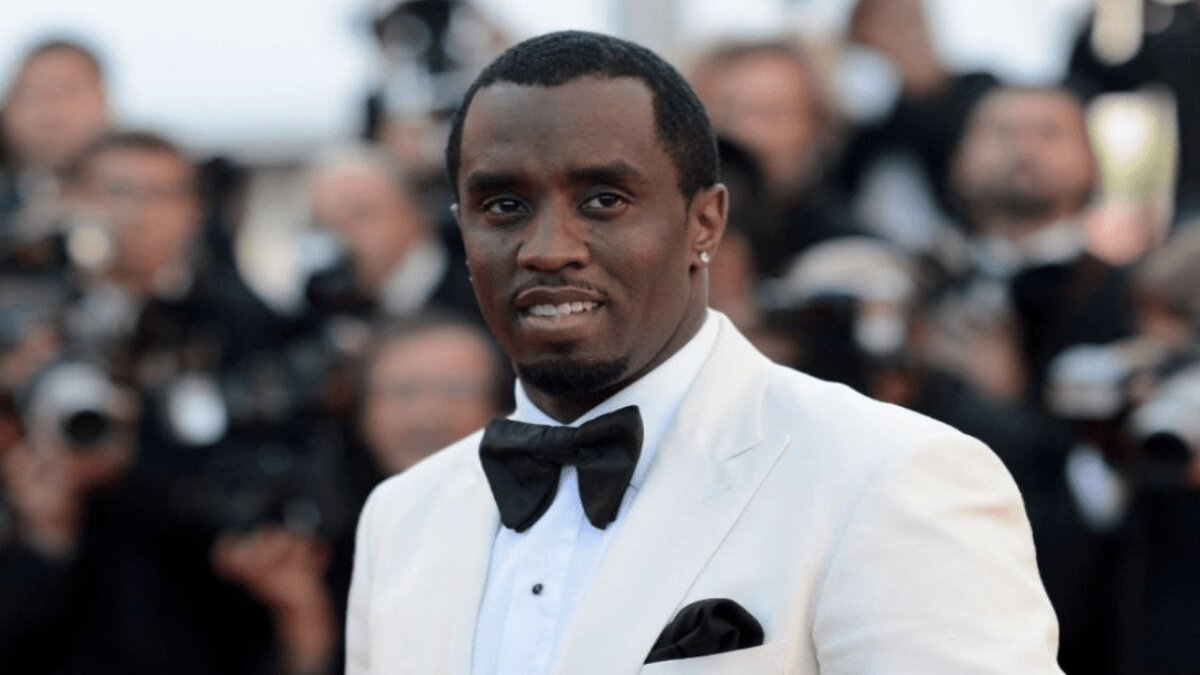Sean “Diddy” Combs’ legal team is asking a federal court judge to block the testimony of forensic clinical psychologist Dr. Dawn Hughes, who is known for her involvement in high-profile legal cases, including her testimony for Amber Heard in the 2022 defamation trial against Johnny Depp. In a 25-page motion, Diddy’s lawyers argue that Dr. Hughes has no direct knowledge of the facts surrounding his case and has not interviewed the alleged victims or conducted the required psychological assessments that would make her testimony valid.
The motion claims that Dr. Hughes’ opinions are overly broad and speculative, and as such, should not be allowed as expert testimony. Diddy’s attorney, Alex Shapiro, criticized Dr. Hughes for not offering a scientific analysis, instead accusing her of creating a narrative that prosecutors could use to influence the jury unfairly. He expressed concern that the prosecution might use phrases like “as Dr. Hughes explained” to repeatedly reinforce their arguments during the trial, thus skewing the jury’s perception.
The motion also challenges Dr. Hughes’ understanding and application of the concept of coercive control—often used in cases of psychological abuse. Diddy’s team contends that her interpretation is too broad and could mislead the jury into viewing actions like financially supporting a girlfriend or giving a gift after a disagreement as examples of coercion. These actions, they argue, don’t legally qualify as coercive control but could be presented as such under her definition.
Dr. Hughes has previously testified as an expert witness in other high-profile cases, including those involving Danny Masterson, Harvey Weinstein, and Amber Heard. However, Diddy’s lawyers believe her testimony is being used by prosecutors to paint him as an abusive figure before any other witnesses have testified, potentially influencing the jury’s view of him unfairly.
The judge has not yet decided whether Dr. Hughes will be allowed to testify in the trial, but the outcome of this motion could play a significant role in shaping the course of the case.


